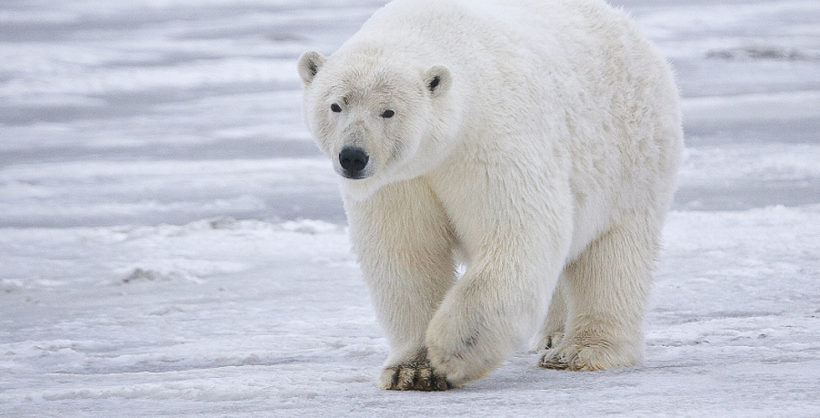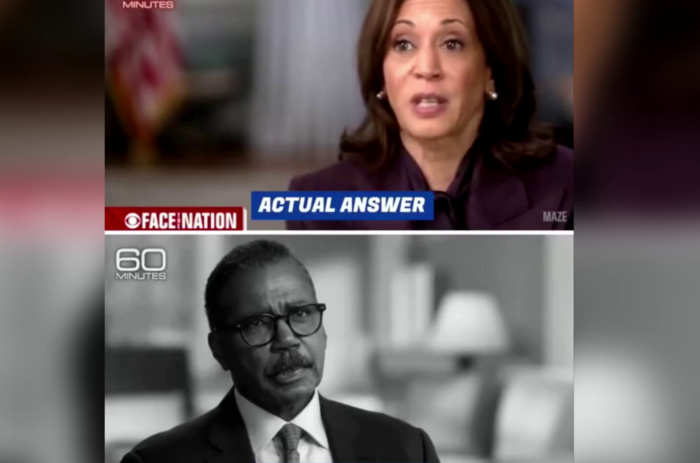
redo Jump to...
print Print...
Example of Media Bias:
Last week the Danish Meteorological Institute (DMI) reported that ever since December temperatures in the Arctic have consistently been lower than minus 20 C (-4F).
- In April the extent of Arctic sea ice was back to where it was in Apri 13 years ago.
- Furthermore, whereas in 2008 most of the ice was extremely thin, this year most has been at least two metres thick.
- The Greenland ice cap last winter increased in volume faster than at any time for years.
As for those record temperatures brought in 2016 by an exceptionally strong El Niño, the satellites now show that in recent months global temperatures have plummeted by more that 0.6 degrees: just as happened 17 years ago after a similarly strong El Niño had also made 1998 the “hottest year on record.”
This means the global temperature trend has now shown no further warming for 19 years. But the BBC won’t be telling us any of this. …
(from a 5/6/17 report at London’s Daily Telegraph)
To accurately identify different types of bias, you should be aware of the issues of the day, and the liberal and conservative perspectives on each issue.
Types of Media Bias:Questions
1. Do an internet search for news articles on DMI’s recent report. What type of bias does the media display by ignoring this story?
2. Per Wikipedia:
The Danish Meteorological Institute is the official Danish meteorological institute, administrated by Denmark’s Ministry of Energy, Utilities and Climate.
DMI is responsible for serving the meteorological needs of society within the kingdom of Denmark (Denmark, the Faroes and Greenland) including territorial waters and airspace. This entails monitoring weather, climate and environmental conditions in the atmosphere, on the land and at sea.
DMI presently possesses comprehensive, internationally acclaimed knowledge about every aspect of weather and climate.
Why do you think the media has not reported on DMI’s findings on Arctic temperatures and ice?
Scroll down to the bottom of the page for the answers.
Answers
1. By ignoring this story, the media displays bias by omission and story selection.
2. Opinion question. Answers vary.



